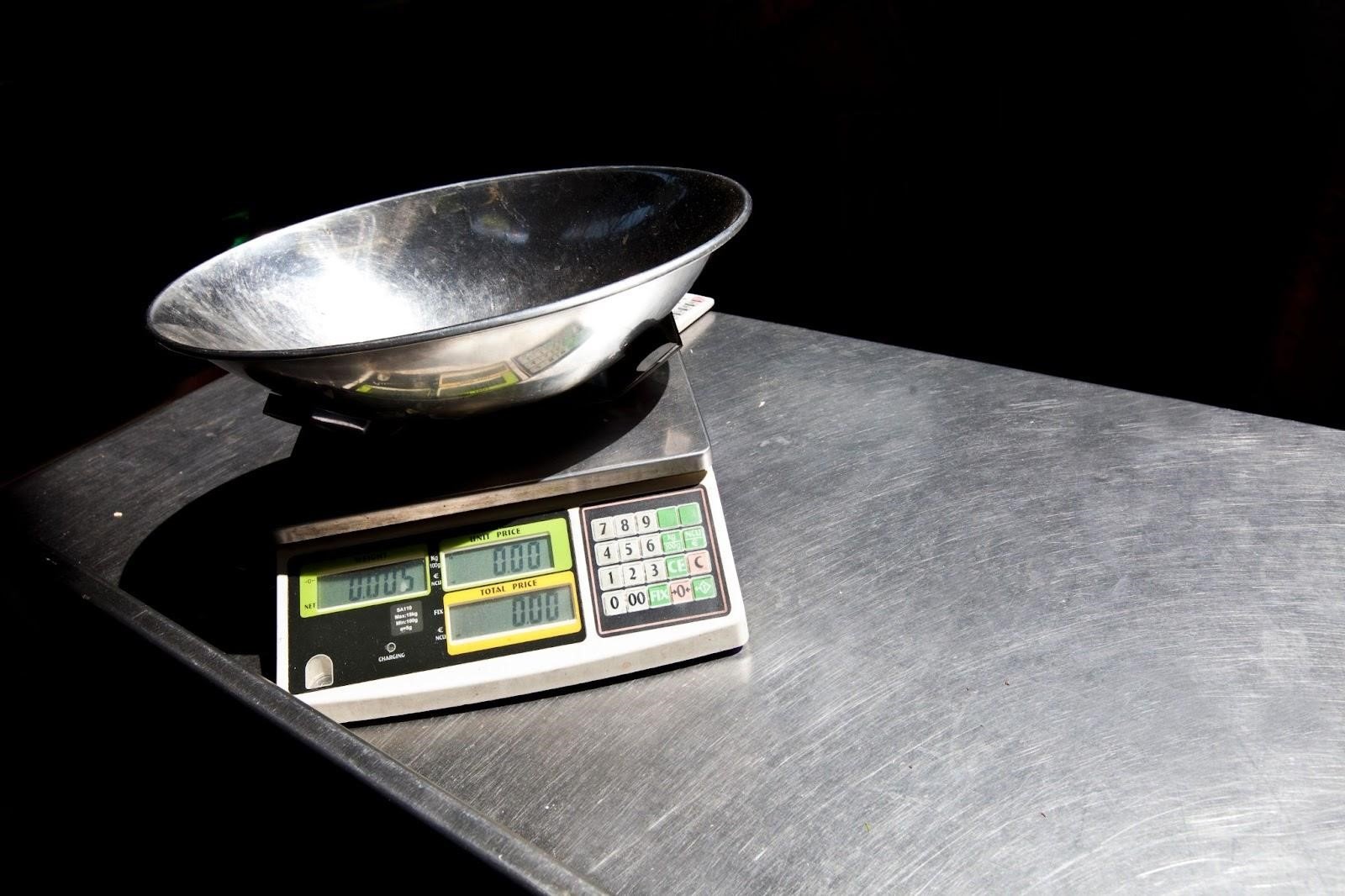How to Reduce Scale Breakdown Issues
If you’ve ever had your scale conk out right in the middle of a busy workday, you know exactly how frustrating scale breakdowns can be. Whether you’re running a butcher shop in Bondi or managing a warehouse in Parramatta, a malfunctioning scale can really throw a spanner in the works. As someone who’s spent years … Read more

